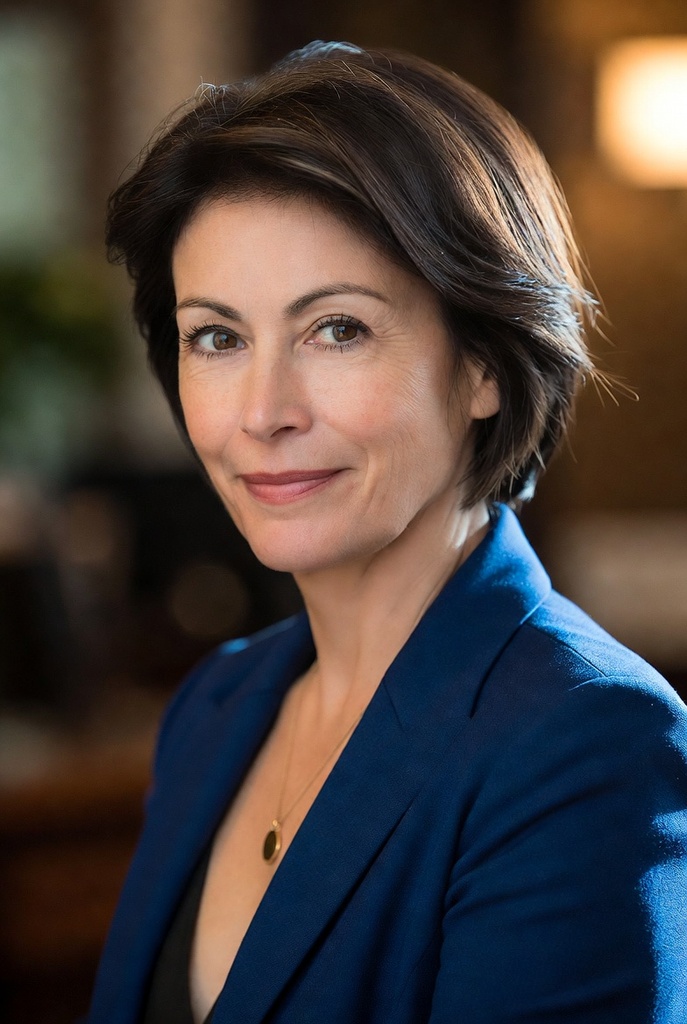In a recent interview, General Christian Badia, Deputy Commander of NATO’s Allied Command Transformation (ACT), emphasized the critical importance of a whole-society approach to defense and resilience. As global security challenges evolve, his insights highlight the need for collective action involving not just militaries but entire societies. This approach is particularly relevant as NATO adapts to new threats in domains like cyber and space, while also addressing the broader implications of modern warfare.
The Complexity of Modern Threats
General Badia underlined that today’s security environment is far more complex than during the Cold War. The bipolar world of the past has given way to a multipolar landscape involving actors like China, BRICS nations, and the Global South. This complexity requires global thinking and rapid adaptation to emerging threats.
One of the most pressing risks he identified is the vulnerability of critical infrastructure to cyberattacks. For example, a cyberattack on Germany’s highly digitized systems could paralyze key sectors, demonstrating how modern threats extend beyond traditional military confrontations.
The Whole-Society Approach: A Shared Responsibility
A central theme of General Badia’s interview is that defense and resilience are not solely the responsibility of the military or government institutions. Instead, they require active participation from all sectors of society, including civilians, businesses, and local governments. He stated:
“The army wins the battle, the nation wins the war.”
This philosophy reflects a shift toward total defense strategies, as seen in countries like Finland. Finland’s model integrates civilian preparedness and societal resilience into its national defense framework, ensuring that citizens are equipped to respond to crises such as cyberattacks or energy disruptions.
In Germany, this mindset is still developing but has gained traction since Russia’s invasion of Ukraine. The conflict has served as a wake-up call, highlighting the importance of societal readiness in deterring and responding to strategic shocks.
Key Elements of a Whole-Society Defense
- Public Awareness and Education:
- Citizens must understand potential threats and their roles in mitigating them. This includes awareness campaigns about cyber hygiene and emergency preparedness.
- Infrastructure Resilience:
- Critical infrastructure—such as energy grids, telecommunications, and transportation—must be secured against both physical and digital attacks.
- Collaboration Across Sectors:
- Governments need to work closely with private companies, especially in sectors like technology and energy, to ensure robust defenses against cyberattacks.
- National Investment:
- Countries must allocate resources not only for military capabilities but also for societal resilience measures, such as disaster response training and cybersecurity infrastructure.
NATO’s Role in Promoting Resilience
As part of NATO’s strategic efforts, Allied Command Transformation (ACT) focuses on preparing member nations for future conflicts by fostering innovation and interoperability. General Badia highlighted several priorities for NATO:
- Accelerating technological adoption in areas like artificial intelligence (AI) and autonomous systems.
- Strengthening multi-domain operations that integrate land, sea, air, cyber, and space capabilities.
- Enhancing industrial capacities to ensure rapid production and deployment of critical technologies like drones.
NATO’s Framework Nations Concept also plays a key role by enabling smaller member states to align with larger nations for capability development. This collaborative approach ensures that even countries with limited resources can contribute effectively to collective defense.
Lessons from Ukraine
The ongoing war in Ukraine has demonstrated the power of societal resilience in action. The Ukrainian population’s determination and adaptability have been crucial in resisting Russian aggression. This example underscores General Badia’s point that societal willpower is a cornerstone of credible deterrence.
Looking Ahead: Germany’s Path Forward
Germany has made strides in adopting a whole-society approach but still faces challenges in fully integrating this mindset into its national defense strategy. Drawing inspiration from nations like Finland could accelerate progress. Key steps include:
- Expanding public-private partnerships for cybersecurity.
- Investing in public education about resilience.
- Enhancing coordination between civilian agencies and military forces.
As General Badia noted, rising threat awareness within NATO is driving member states toward greater alignment on these issues.
Whole-society approach to defense
General Christian Badia’s call for a whole-society approach reflects the evolving nature of modern defense. In an era where conflicts transcend traditional battlefields, national security depends on the collective efforts of governments, industries, and citizens alike. By embracing this philosophy, NATO member states can build resilient societies capable of withstanding future challenges—whether they arise from cyberspace or geopolitical tensions.
This vision not only strengthens individual nations but also reinforces NATO’s collective defense posture in an increasingly uncertain world.


